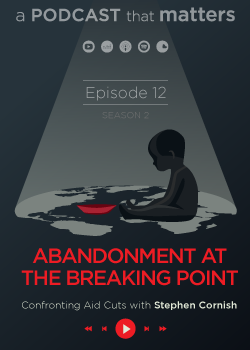Print

The European Qur'an. Islamic Scripture in European Culture and Religion 1150-1850: EuQu
Details
Locations:France, Hungary, Italy, Netherlands, Spain, UK
Start Date:Apr 1, 2019
End Date:Mar 31, 2025
Contract value: EUR 9,842,534
Sectors: Culture, Information & Communication Technology, Research
Description
Programme(s): H2020-EU.1.1. - EXCELLENT SCIENCE - European Research Council (ERC)
Topic(s): ERC-2018-SyG - ERC Synergy Grant
Call for proposal: ERC-2018-SyG
Funding Scheme: ERC-SyG - Synergy grant
Grant agreement ID: 810141
Objective
“The European Qur’an” (EuQu) will study the place of the Muslim holy book in European cultural and religious history (c.1150-1850), situating European perceptions of the Qur’an and of Islam in the fractured religious, political, and intellectual landscape of this long period. The Qur’an plays a key role not only in polemical interactions with Islam, but also in debates between Christians of different persuasions and is central to the epistemological reconfigurations that are at the basis of modernity in Europe, from Iberia to Hungary. The Qur’an is deeply imbedded in the political and religious thought of Europe and part of the intellectual repertoire of Medieval and Early Modern Europeans of different Christian denominations, of European Jews, freethinkers, atheists and of course of European Muslims. We will study how the European Qur’an is interpreted, adapted, used, and formed in Christian European contexts – often in close interaction with the Islamic world.
EuQu will produce, over a six-year period:
1. A GIS-mapped database of the European Qur’an, containing extensive information about Qur’an manuscripts and printed editions (in Arabic, Greek, Latin, and European vernaculars) produced between 1143 and 1800 as well as prosopographical data about the principal actors involved in these endeavours (copyists, translators, publishers).
2. A series of publications: PhDs, monographs written by postdocs and PIs, special issues of academic journals, and animated digital publications for a wider audience and educational uses. They will make key breakthroughs in their fields, dealing with aspects of the transmission, translation and study of the Qur’an in Europe, on the role the Qur’an played in debates about European cultural and religious identities, and more broadly about the place of the Qur’an in European culture.
3. A major exhibition during the final year of the project, “The European Qur’an” to be held at museums in Nantes, London, Budapest and Madrid.

